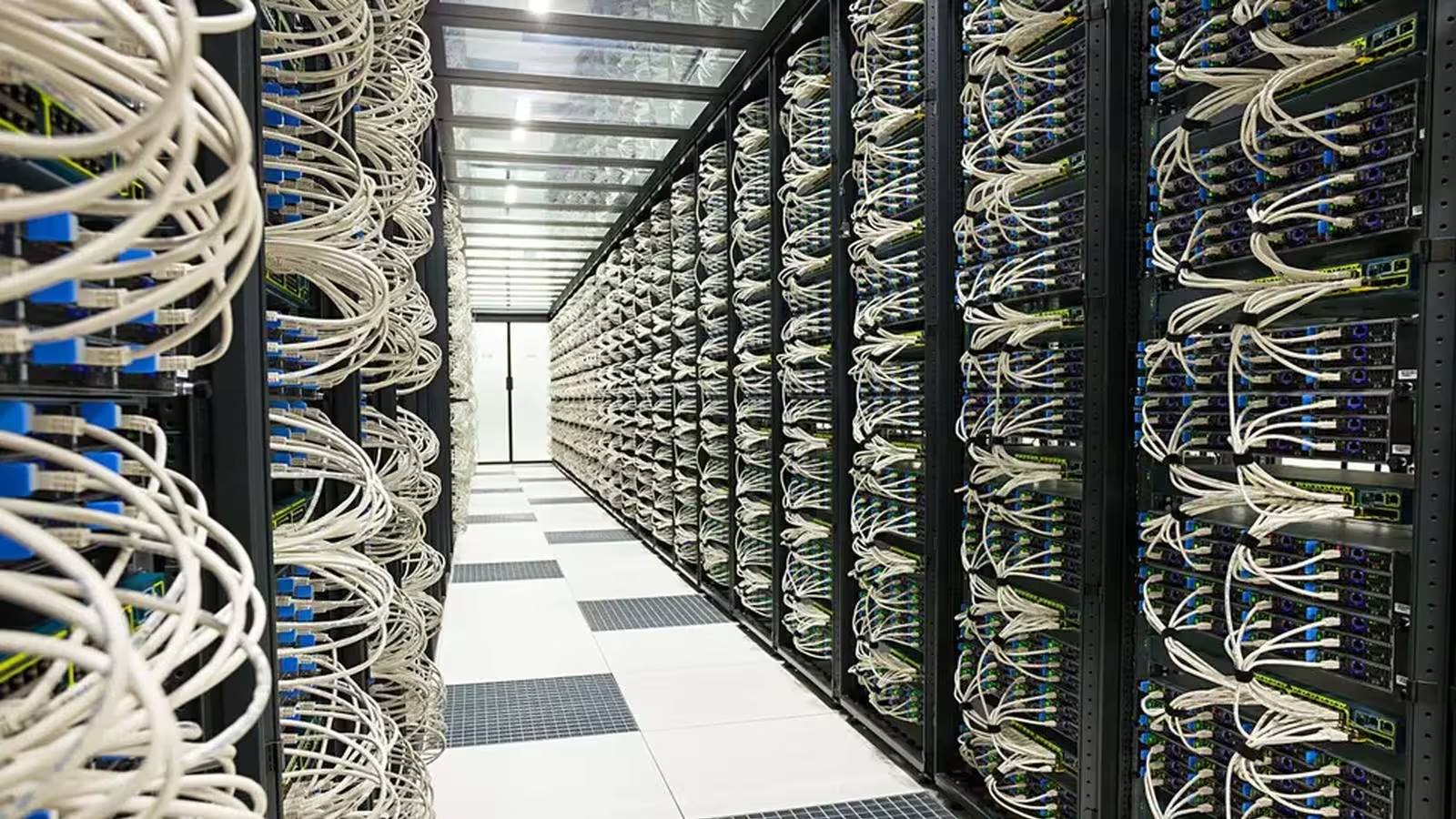3 Minutes
Climate Risks Loom Large Over Global Data Center Industry
New findings from the risk intelligence firm Maplecroft have put the spotlight on a growing challenge for the technology sector: the vulnerability of major data center locations to the accelerating impacts of climate change. As the backbone of cloud computing, artificial intelligence, and digital storage solutions, data centers are essential for modern enterprises—but their heavy energy and water consumption makes them both contributors to, and victims of, a warming planet.
Mounting Climate Threats for Critical Digital Infrastructure
According to Maplecroft’s latest research, over half of the world’s 100 foremost data center hubs are currently categorized as high or very high risk due to rising temperatures. With global demand for AI processing, hyperscale cloud infrastructure, and digital services on an upward trajectory, data centers’ cooling requirements are expected to soar, driving up energy usage and putting additional pressure on water resources.
What sets these findings apart is the projection that the situation will only worsen: by 2040, as much as two-thirds (68%) of major data center locations could be at severe risk from climate change, and by 2080, this figure could climb to 80%. Particularly striking is the forecast for the Asia-Pacific and Middle East regions, where 100% of the key data center hubs are anticipated to be at high or very high climate risk within just two decades. This underscores the urgent need for strategic planning around data center site selection and climate adaptation.
Operational Shutdowns and Water Scarcity: Emerging Challenges
The analysis also warns of more frequent operational disruptions such as overheating shutdowns—incidents that have already affected facilities in the UK and the US in recent years. Water scarcity emerges as another significant threat: more than half (52%) of leading data centers are predicted to operate in regions facing high or very high water stress by 2030. Notable high-risk areas include Abu Dhabi, Dubai, Lagos, Johannesburg, Los Angeles, San Diego, Chennai, and New Delhi, raising concerns about potential social and political tensions surrounding water use.
Industry Response and Strategic Considerations
These developments highlight not just a technological challenge, but a holistic risk management issue for the sector. Data center operators, enterprise customers, and investors must jointly address rising climate threats and consider social and regulatory factors. There is a growing regulatory focus on third-party risk oversight, making climate resilience an increasingly important consideration for business continuity and compliance.
Globally, the race is now on to adopt more sustainable cooling technologies, shift to renewable energy sources, and select future data center locations with climate resilience in mind. Comparing providers on their environmental practices, considering green certifications, and exploring water-efficient cooling solutions can offer distinct advantages for forward-looking organizations aiming to futureproof their digital infrastructure.
Source: techradar


Leave a Comment